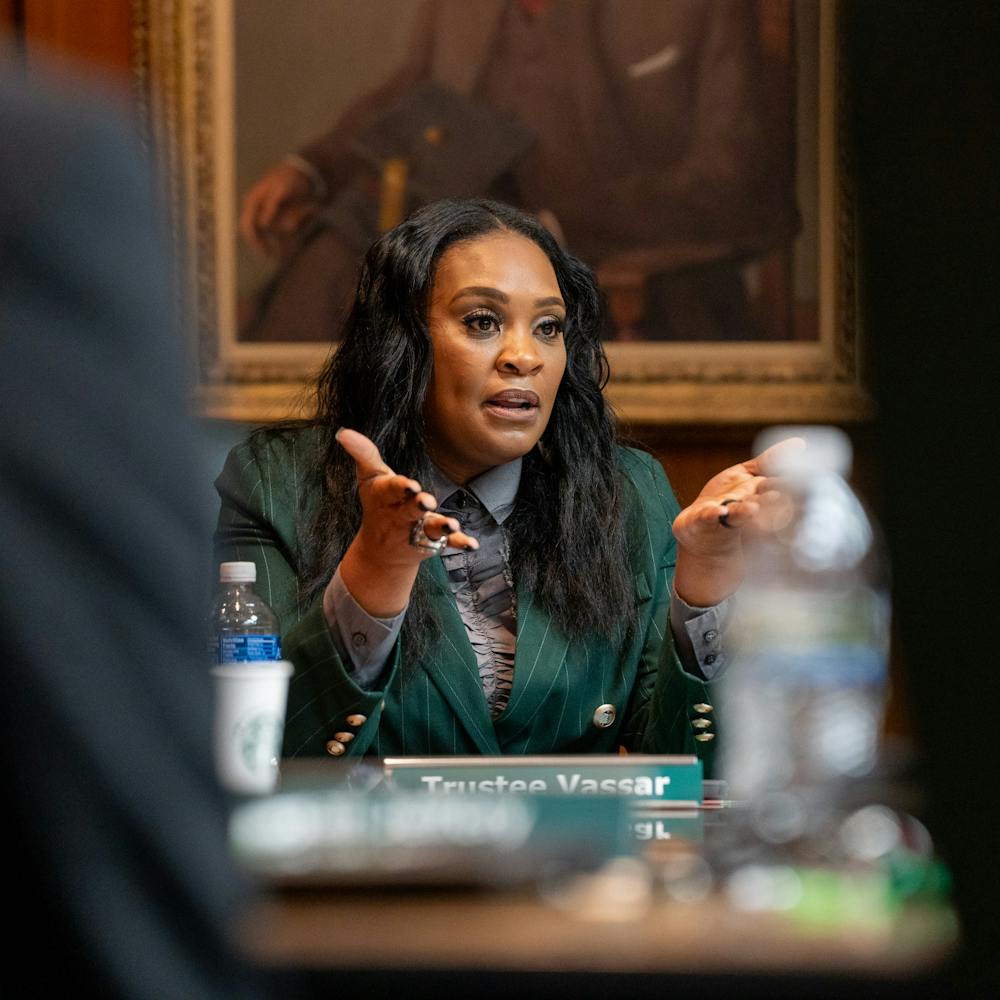Mark your calendars. On July 26, the debate about net neutrality left the academic world and became reality. It was the day that AT&T began to block a portion of the Web site 4chan.org from its DSL customers, not for legal reasons, but simply because of its own whims.
Net neutrality, for those unaware, is the belief that Internet service providers, or ISPs, should show no preferential treatment for specific Web sites. Basically, an equal amount of bandwidth should be given to all sites, ensuring that, all other things being equal, a tiny fan page about the minutia of “Tailspin” should be treated exactly the same as a Google search.
Opponents of net neutrality argue their customers can benefit with a little bias. After all, there are likely tens of thousands more people surfing Google than the aforementioned fan page, so why shouldn’t the more popular page take priority?
The fear of net neutrality supporters is that this bias will be taken to the extreme, and ISPs will begin blocking access to Web pages run by competitors in an effort to drive traffic to their own sites or even block sites simply because they might be critical of the company.
There currently is little to no legislation regarding how ISPs should handle Web traffic. There have been instances in which ISPs have restricted the amount of bandwidth given to certain services — most notably when Comcast began slowing any BitTorrent traffic — but AT&T’s recent action is the first notable case of a Web site being blocked.
It’s actually not surprising that this is beginning with 4chan. The site has been both lovingly and disparagingly described as a “hive of wretched scum and villainy.”
4chan operates much like a message board, but each message is generally accompanied by a picture. However, the loose moderation and Wild-West atmosphere of the site — especially the specific portion of the site that AT&T blocked, the so-called /b — means that anything and everything has shown up there, including child pornography and graphic death scene photos.
Although illegal photos are taken down fairly quickly, many of the photos left are enough to turn a person’s stomach if they are unprepared. In other words, I wouldn’t advise you surf over and check it out.
However, it cannot be argued that 4chan and /b hasn’t contributed something to our modern culture. Both Rickrolling — the redirection of clueless surfers to Rick Astley’s classic “Never Gonna Give You Up” — and the lovable LOLcats found their start in the bowels of 4chan.
Of course, in the end it doesn’t even really matter if 4chan is a worthwhile site or not. ISPs shouldn’t be in the business of deciding which pages should or shouldn’t be available.
AT&T has claimed the block was because of distributed denial of service attacks, and not the content of the site. It merely wanted to protect its customers from “malicious traffic.”
China is famous for its Internet censorship. It’s a well-known fact that certain Google searches will provide no results despite a preponderance of qualifying sites, and several major news outlets have been banned at one time or another.
Over the years, the U.S. has called for China to loosen these restrictions and allow for a free Internet.
But how is what China doing any different than what AT&T is doing?
Sure the reasons might differ, but the end result is the same. Information is being restricted.
I’m not saying there should be no blocking on the Internet. There is no place for sites that exploit children or deal in illegal sex trafficking, and they should be blocked. But 4chan isn’t one of those sites.
The Internet thrives when it is free from interference. It’s the epitome of the idea that started with the printing press — the people should have the right to be informed.
Sure, not everyone might like what 4chan is or what it does, but if they don’t fight for it now, the day in which suddenly a site such as Twitter or Hulu.com is no longer available for whatever reasons is that much closer.
What sites a person visits should be up to that person. Isn’t that what free speech is all about?
After all, I don’t remember signing up for a nanny when I signed up for my Internet access.
Support student media!
Please consider donating to The State News and help fund the future of journalism.
James Harrison is the State News opinion editor. Reach him at harri310@msu.edu.
Discussion
Share and discuss “Net neutrality becomes reality” on social media.






